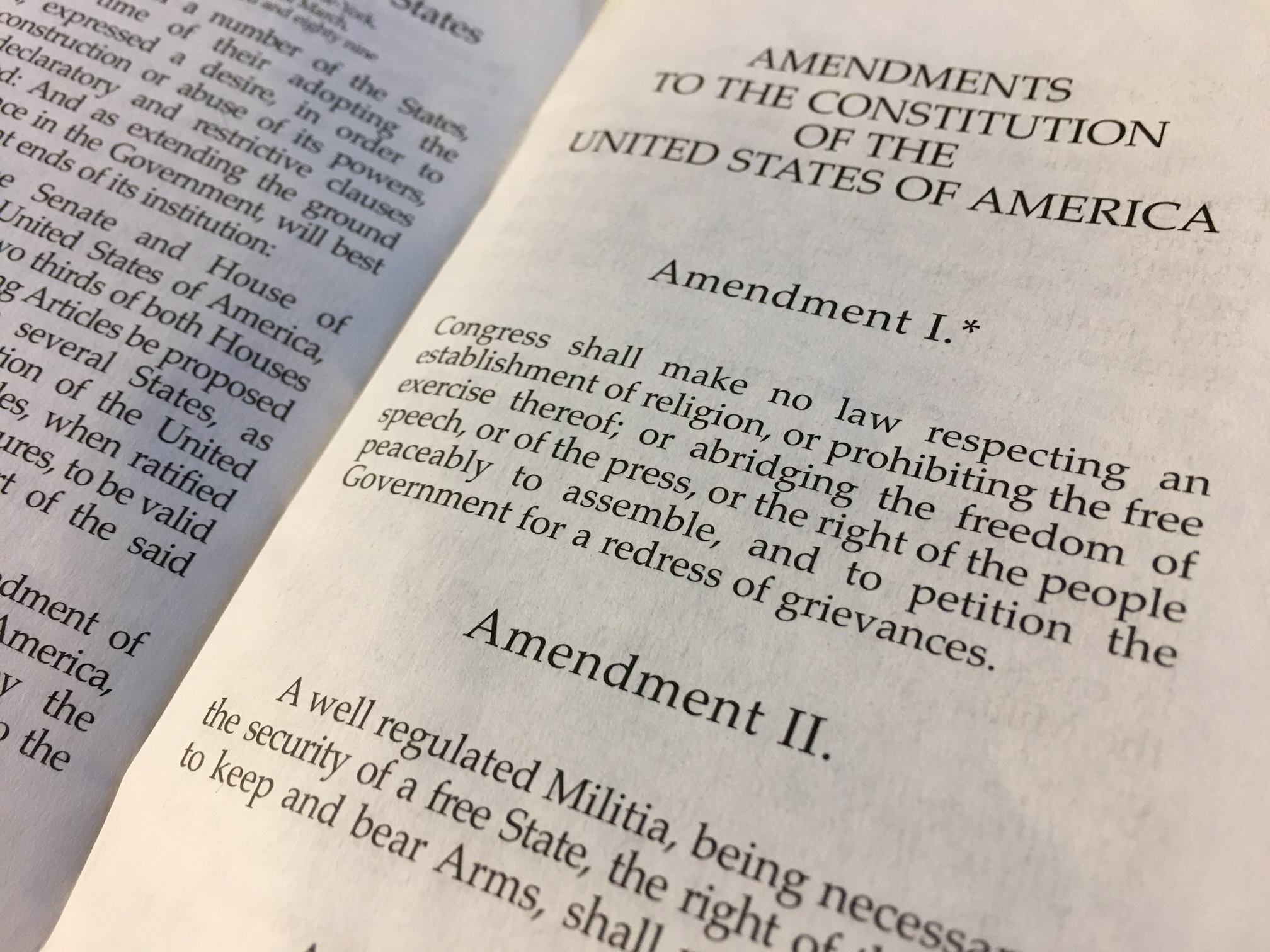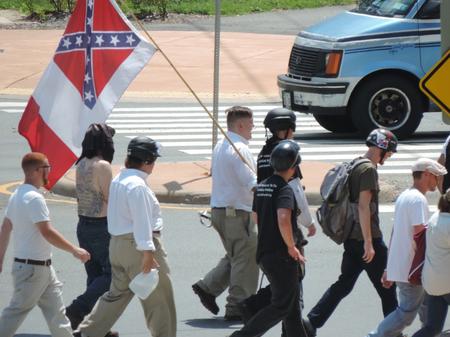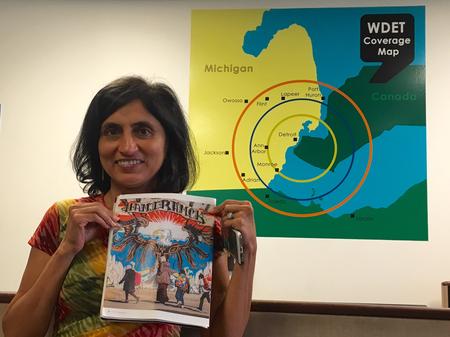The First Amendment and Hate Groups — Should They Be Free to Rally?
“The antidote to hate speech is more speech. Free speech is a great disinfectant to bad ideas.”


White supremacist groups say they’re intent on holding more rallies and protests around the country. That’s after a rally in Charlottesville turned violent, resulting in many injuries and one woman’s death.
Some universities say they won’t allow white nationalists and supremacists to rally on or near their campuses due to concerns over safety and security.
That includes Michigan State University, which last week denied a request to come on campus from a group led by white nationalist ringleader Richard Spencer.
Spencer claims that’s a violation of his First Amendment rights.
And we’ve been hearing a lot from these hate groups in recent months about a perceived violation of their right to free speech.
What speech is protected under the First Amendment and what isn’t? Is it important that these groups are able to demonstrate as long as they don’t turn violent?
Richard Primus is a constitutional law expert and professor at the University of Michigan Law School. He joins Detroit Today to talk about those questions.
“Nobody thinks — the founders didn’t think, and the courts have never thought — that the freedom of speech means the freedom to say any words you want under any circumstances in any way at any time,” says Primus.
“What the government is not supposed to do is repress speech for the purpose of preventing the dissemination of an idea,” he says. “The questions that are most relevant in things like the Charlottesville scenario are about the line between speech that’s the conveying of an idea intended to be offered to persuade people and speech that is actually a set of actions designed not to persuade, but to intimidate.”

Reason Foundation Senior Analyst Shikha Dalmia and Lansing State Journal columnist Judy Putnam also join the show to continue the conversation and talk about MSU’s decision, which Putnam says put “safety over bravery” in a recent column.
Dalmia has written in Reason Magazine about her defense of “First Amendment Absolutism” as well as the University of California-Berkley’s decision to cancel right-wing provocateur Milo Yiannopoulos’ speech earlier this year after his scheduled appearance sparked violent protests.
“I don’t believe in content-based restrictions on free speech, even hate speech,” says Dalmia.
“I think the American model of free speech is correct that the antidote to hate speech is more speech. Free speech is a great disinfectant to bad ideas.”
However, Dalmia defends MSU’s decision, largely because there was no invitation from the university or any student groups to have the group on campus.
Click on the audio player above to hear the full conversation.
